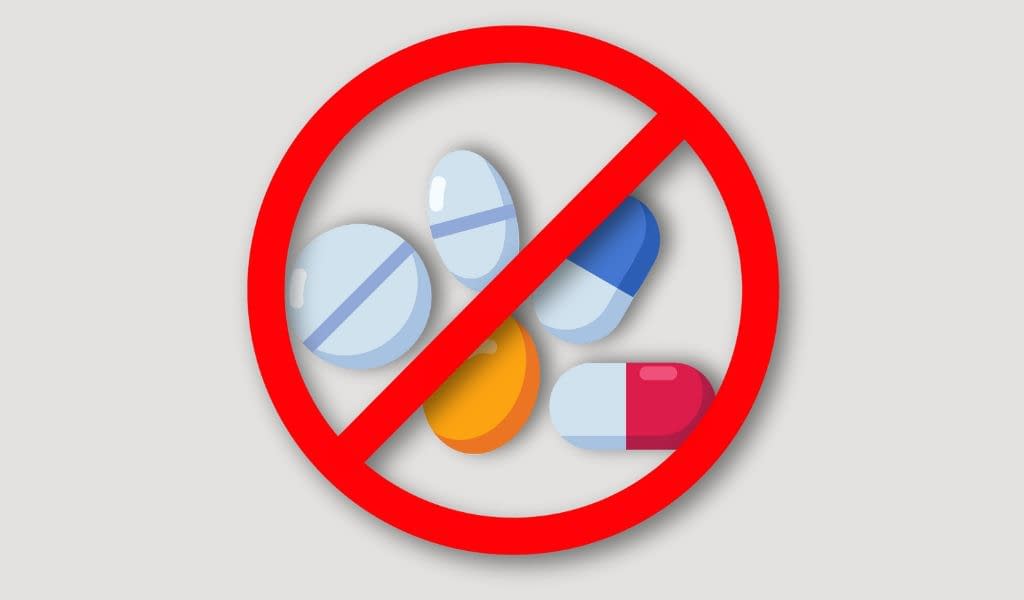Medications have often been used to help people with pain. There are various medications from over-the-counter such as paracetamol and ibuprofen, to very strong prescribed medications such as morphine and tramadol. You may have been given many of these medications in the past, or may be thinking that these are the answer to your pain.
For a long time, pain experts and medical teams have relied on medication as the primary tool for treating pain. While medications are effective for short-term injuries or ongoing tissue damage, we now understand they aren’t helpful for persistent pain.
Given this history, it’s no wonder patients often expect medications and injections to be the best solution for pain. However, research has shown that medications effective in the short term can actually make things worse over time and ultimately don’t provide lasting relief.
When medications such as opioids are used over a long period, they lose their ability to provide pain relief. This can be thought of as stretching a rubber band too long and seeing it lose its elasticity.
Research and international guidance is clear that prescriptions for opioids and gabapentinoids (another strong medication previously prescribed for people with persistent pain) should not be initiated anymore.
There are various severe side effects, and opiates are very addictive. The scale of the problem became so bad in the USA and the UK that there has been a huge effort to reduce the prescription of opiates and other potentially harmful medications.
There is a really big effort in the UK and the USA to try to wean people off opioids, to minimise potential long term harm. Many people on long-term opioids over the last few years have become less reliant on these medications or come off them completely.
Reducing these medications can be challenging, and having the right support and management strategies in place is really important. This is where having a coach, and the right guidance can be really helpful to guide you on the path that is right for you.
Download the resource
Useful resources:
This Is What Happens to Your Brain on Opioids | Short Film Showcase







